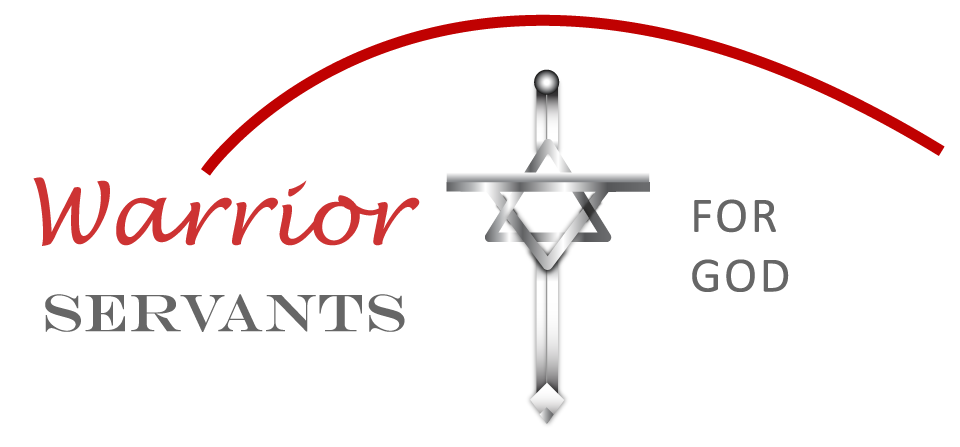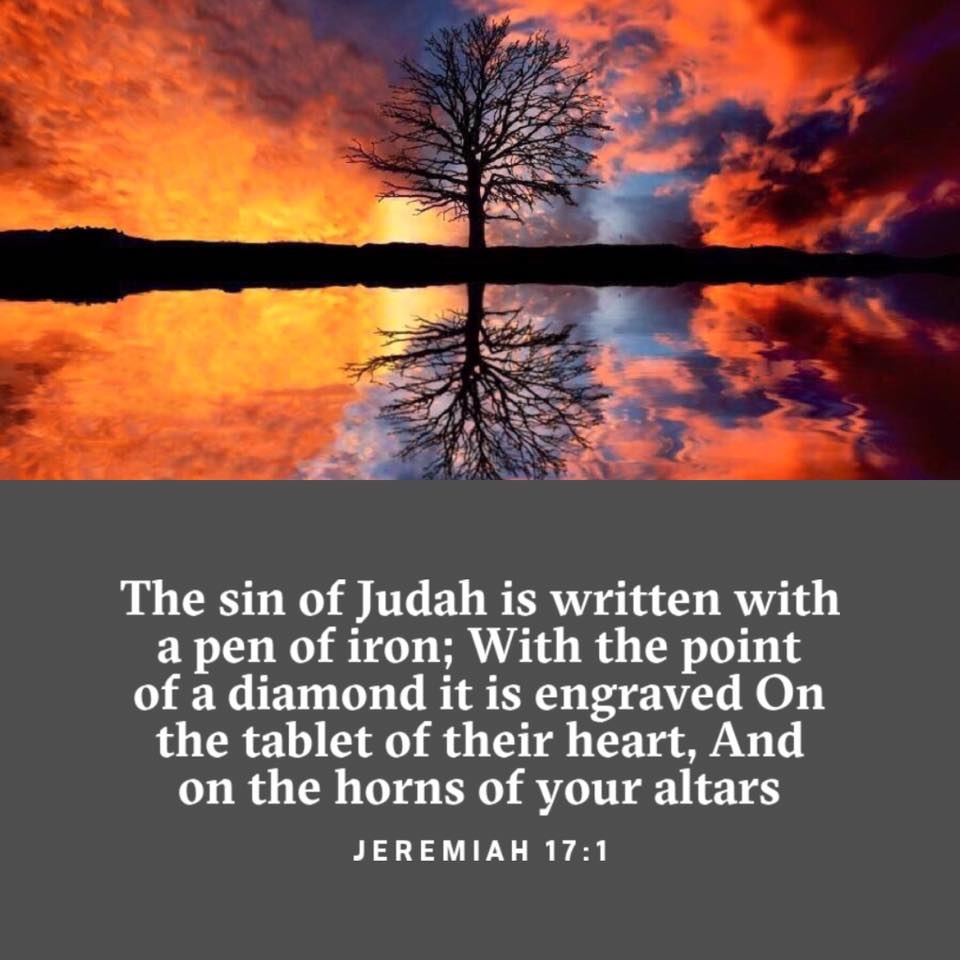THE THICKET OF SIN
““The sin of Judah is written with a pen of iron; with the point of a diamond it is engraved on the tablet of their heart, and on the horns of your altars,” Jeremiah 17:1
When we sin, we make the object of our sin an idol, for we exalt it above the knowledge of God. And anything exalted above God is an idol. And whilst we are called to lay our lives down as a living sacrifice on the altar of love and obedience for God and neighbour, when we sin, we lay our lives down instead on the altar of sin. Which is why God says our sin shall be engraved upon the horns of our altars. For horns represent pride. They represent every thought that exalts itself against the knowledge of God. For is not sin anything that exalts itself against the knowledge of God? And any thought that exalts itself against the knowledge of God is pride. For all sin is pride.
At the same time, in relation to an altar, the horns denote the projecting corners of the altar (Exodus 27:2). The horns of the altar of burnt offerings were to be smeared with the blood of the slain bullock (Exodus 29:12 ; Leviticus 4:7-18). So in saying our sin is engraved upon the horns of our altar, when we sin, the horns of our altar of sin will instead be smeared with our own blood. For we shall entangle ourselves in the thicket of sin by our own horns. “Then Abraham looked up and saw a ram in the thicket, caught by its horns. So he went and took the ram and offered it as a burnt offering in place of his son.” (Genesis 22:13). For those who are not in Christ, the Father (represented by Abraham, for is God not the Father of many nations?) shall place us upon our own altar instead of His Son (represented by Isaac), and our own blood shall be engraved upon its horns.

